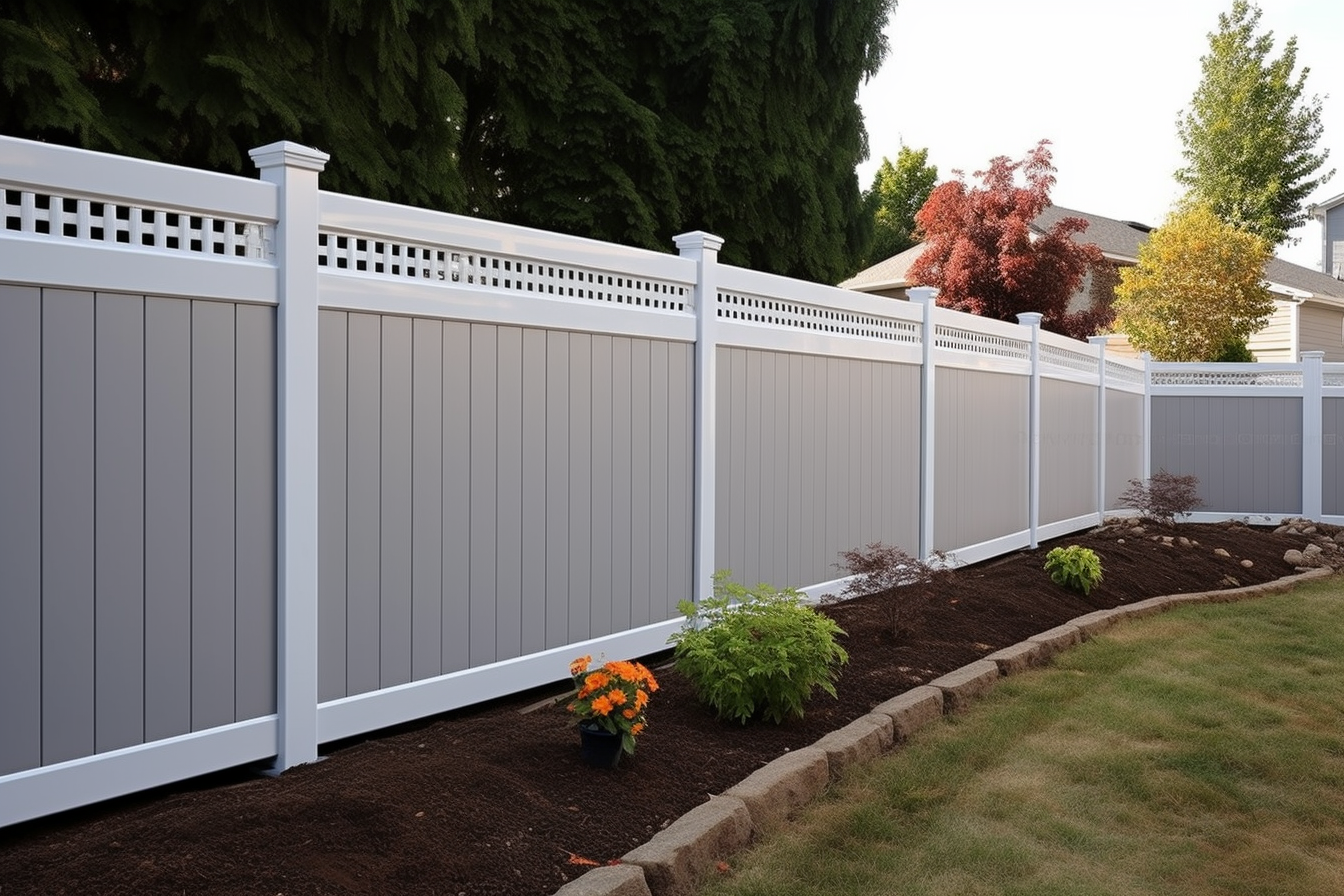Smart Gardening Services: Manage Branches, Mulch, and Yard Waste
A well-maintained garden is more than curb appeal — it supports plant health, conserves water, and reduces long-term maintenance. Professional gardening services combine practical skills and the right equipment to transform overgrown spaces into productive, tidy landscapes while handling green waste responsibly and efficiently for homeowners and businesses in your area.

How can garden services help you?
Garden services cover a wide range of tasks that keep landscapes healthy and attractive. Routine visits often include mowing, pruning, soil testing, planting, and pest monitoring. Professionals can diagnose common problems such as nutrient deficiencies or drainage issues and recommend targeted solutions that save you time and prevent small issues from becoming costly repairs.
These services also bring seasonal planning and expertise: choosing appropriate plants for your climate, rotating plantings, and scheduling watering and fertilization to reduce resource waste. For many property owners, hiring garden help is an investment in plant longevity and overall property value.
Is a wood shredder right for your yard?
A wood shredder (or chipper) is invaluable when you need to reduce tree limbs, prunings, or bulky woody material into manageable pieces. Shredded wood is easier to handle, occupies less space, and can be turned into useful byproducts like mulch or compost feedstock. Depending on the size of branches and frequency of work, garden services may bring a commercial shredder or suggest hiring one locally for a day.
Using a wood shredder safely requires appropriate protective gear and knowledge of machine limits; branches with embedded metal or very large trunks can damage equipment. A professional will assess whether a wood shredder is the right tool or if alternate removal methods are safer and more cost-effective.
What are the benefits of using mulch?
Mulch is a simple, effective way to retain soil moisture, suppress weeds, moderate soil temperature, and slowly add organic matter to beds. Different materials—wood chips, bark, leaf compost—offer distinct benefits: wood-based mulch tends to last longer, while compost and leaf mulch break down faster, improving soil fertility.
Garden services can recommend the right type and depth for your plantings and apply mulch evenly to avoid issues like crown rot. They can also repurpose shredded branches into mulch on-site, turning what would be waste into a useful soil amendment that supports plant health.
How to improve waste management for landscaping?
Effective waste management in landscaping starts with reducing material brought to the site, reusing what you can, and recycling or composting the rest. Garden services often sort green waste, separate recyclable wood, and compost prunings and leaves. This approach minimizes landfill trips and can lower disposal costs while enhancing soil when compost is returned to beds.
For commercial or larger properties, services may coordinate scheduled pickups or use on-site processing like shredders and composters. Discussing a waste management plan with local services helps set expectations for what gets recycled, mulched, or removed and clarifies any local regulations about green waste disposal.
What to do with cut branches and green waste?
Cut branches can be processed several ways depending on size and condition: chipped into mulch, composted if small and healthy, or hauled away by garden services if diseased or too large. Smaller branches and twigs make excellent mulch when shredded, while larger logs may be better used for firewood or properly disposed of.
If you prefer to keep materials on-site, ask garden professionals about safe stacking, drying firewood, or creating habitat piles in less-manicured areas. Proper handling reduces pest and disease risks and ensures that branches become a resource—mulch, soil amendment, or fuel—instead of garden clutter.
Making choices with local services in mind
When choosing a gardening service in your area, look for experience with green waste handling, access to equipment like wood shredders, and a clear plan for mulch reuse or removal. Reputable companies will provide references, explain their waste management process, and offer a schedule that aligns with seasonal needs. If sustainability is a priority, ask about composting practices and whether they source or produce natural mulch rather than synthetic alternatives.
A site visit is often the best way to get an accurate plan and timeline. Discuss any special conditions—steep slopes, sensitive plantings, or municipal disposal rules—so the service can adapt methods and equipment accordingly.
Conclusion
Thoughtful gardening services do more than tidy yards; they enhance plant health, convert waste into useful products like mulch, and put systems in place for efficient waste management. Whether you need occasional pruning or a full landscape refresh, professionals equipped with the right tools, such as wood shredders, can turn branches and prunings into resources that improve your garden over the long term.






